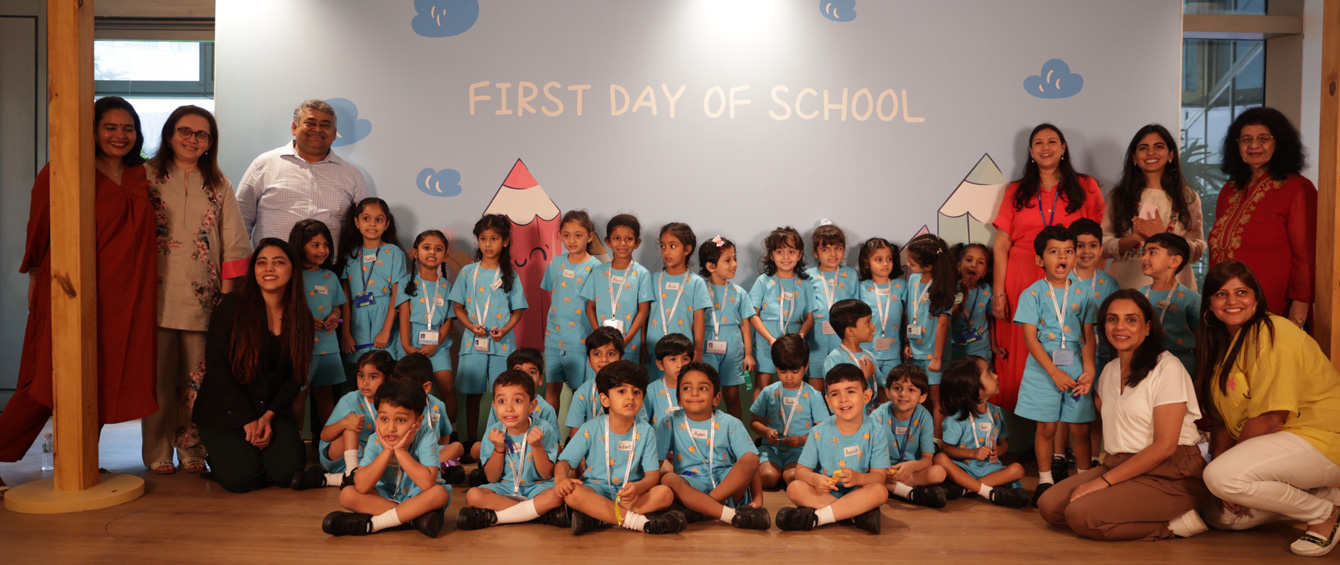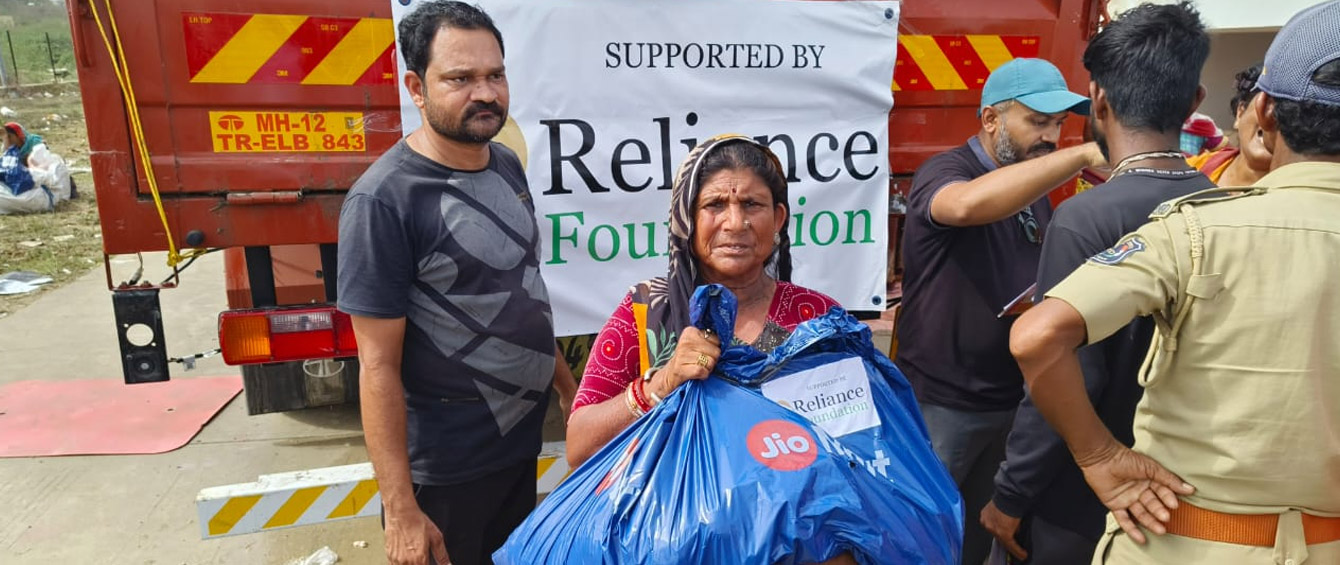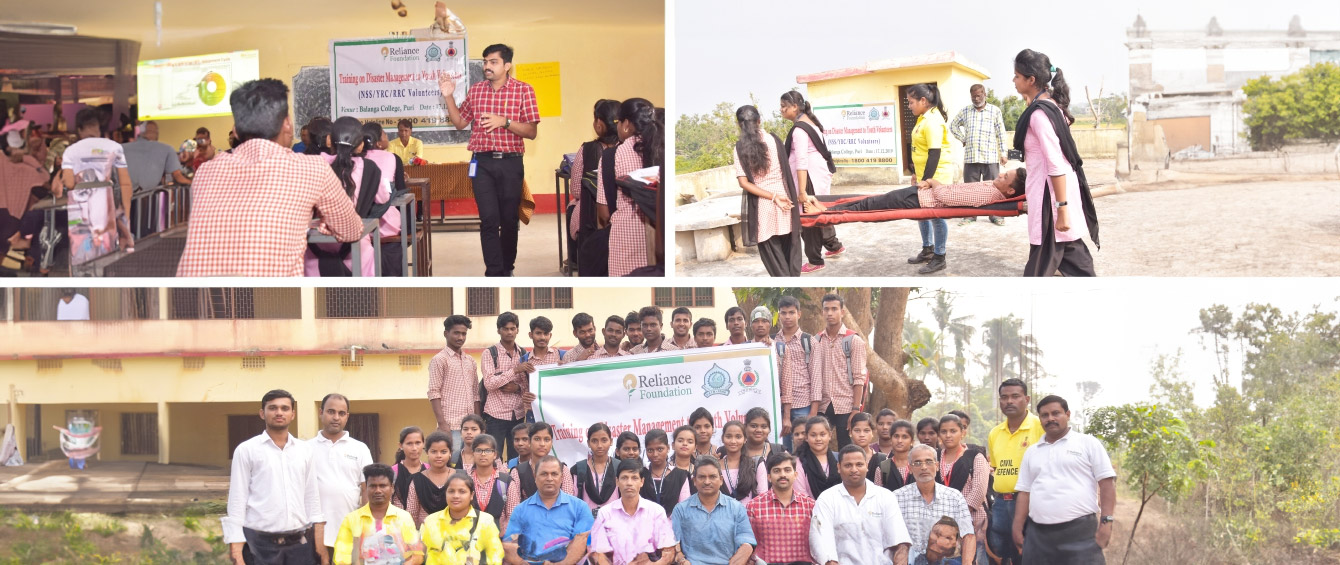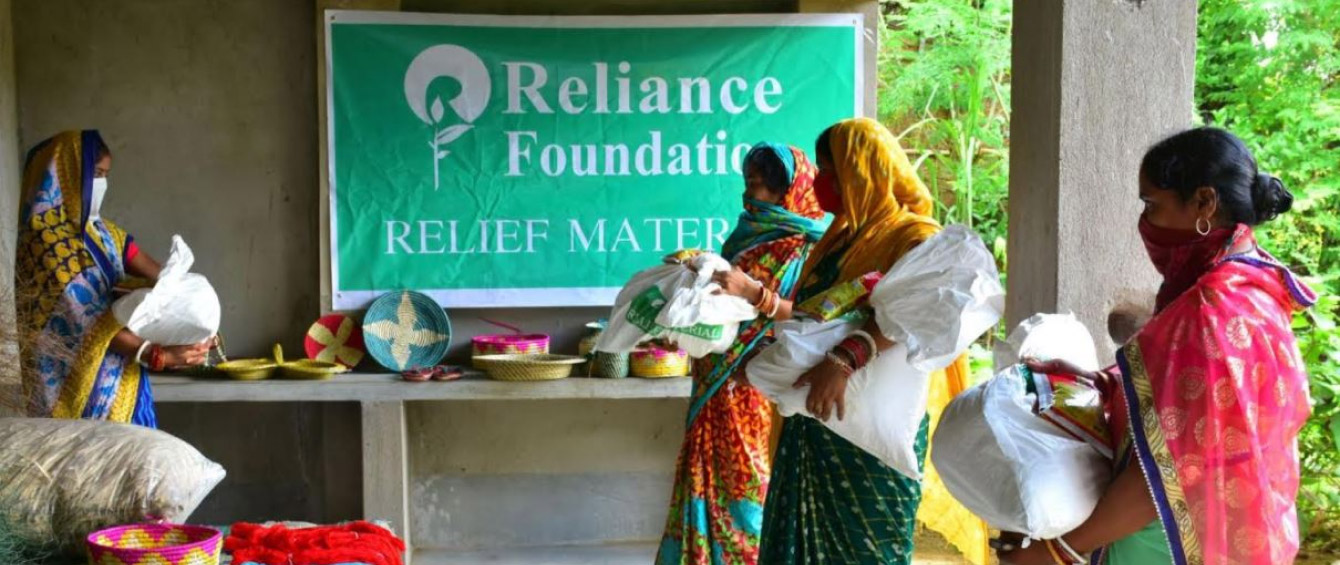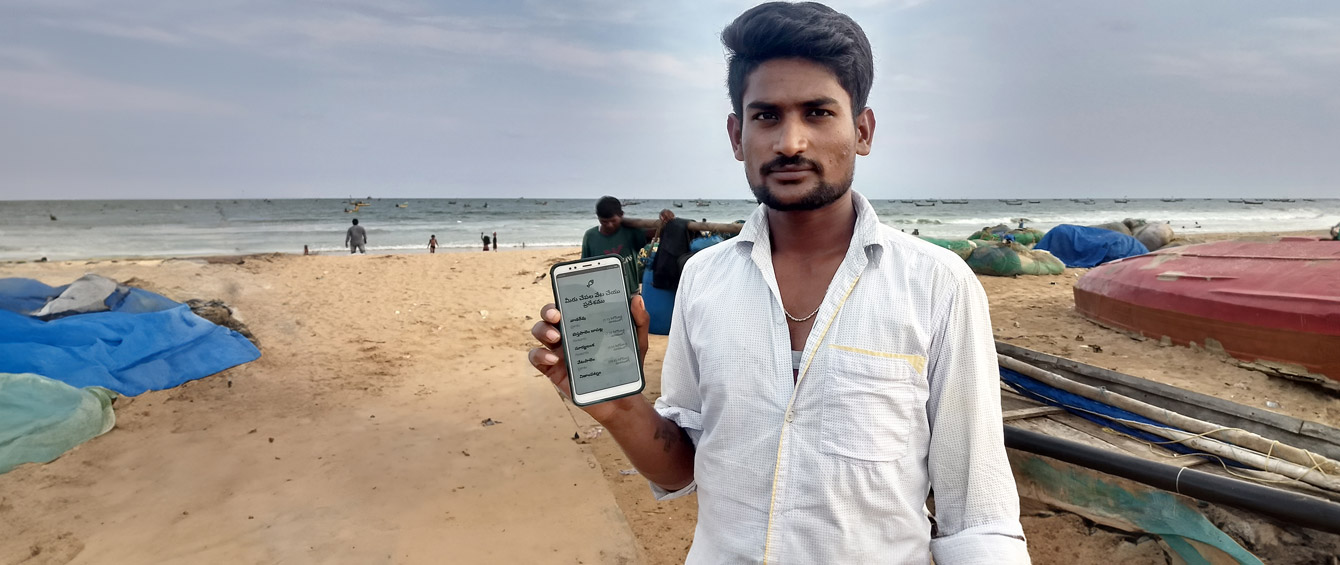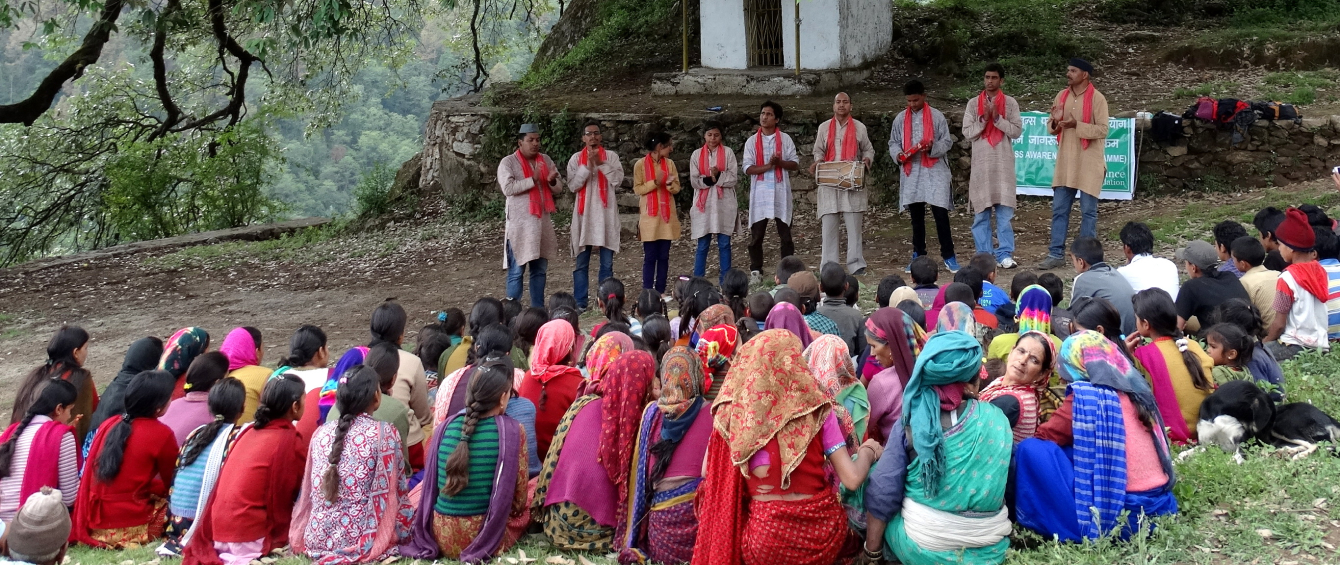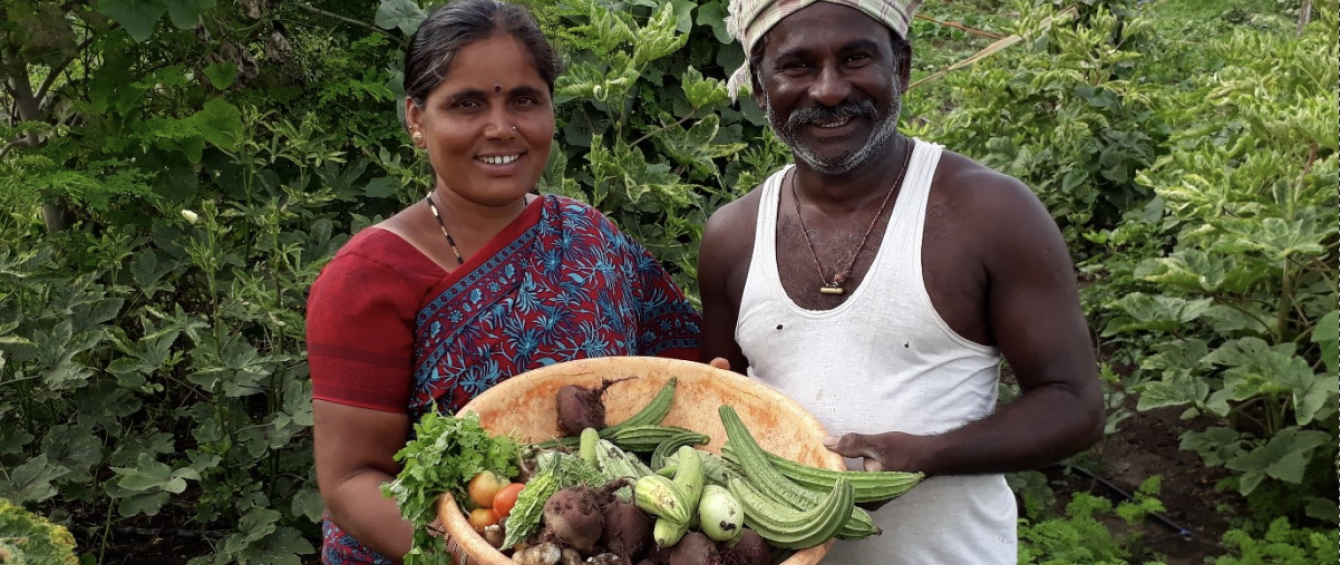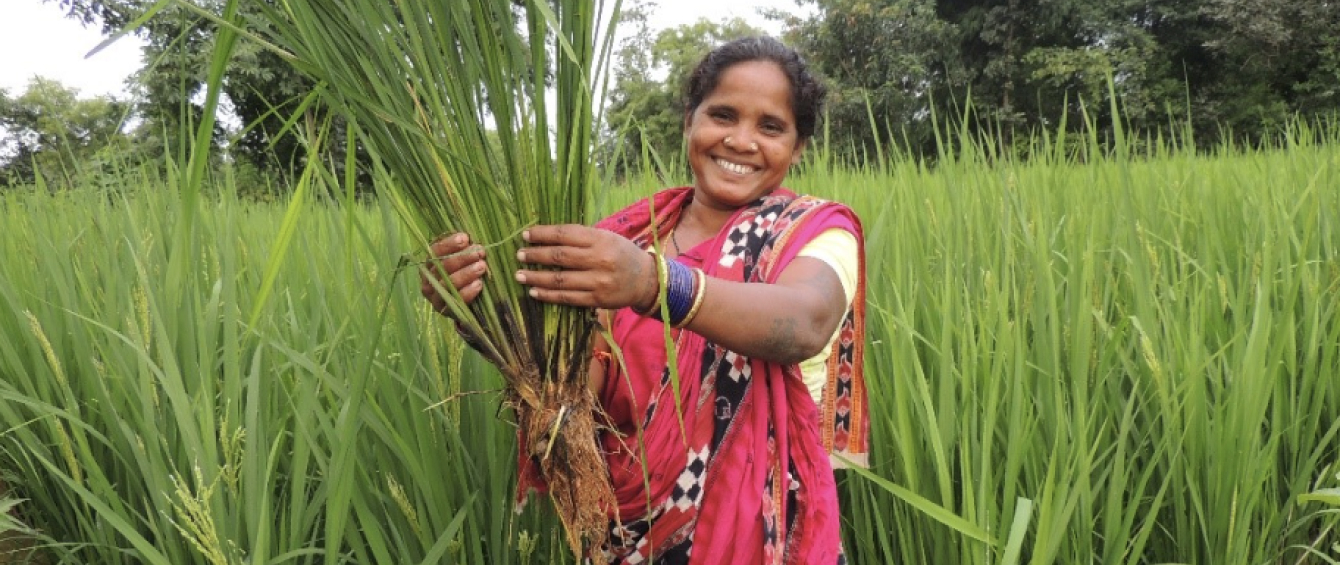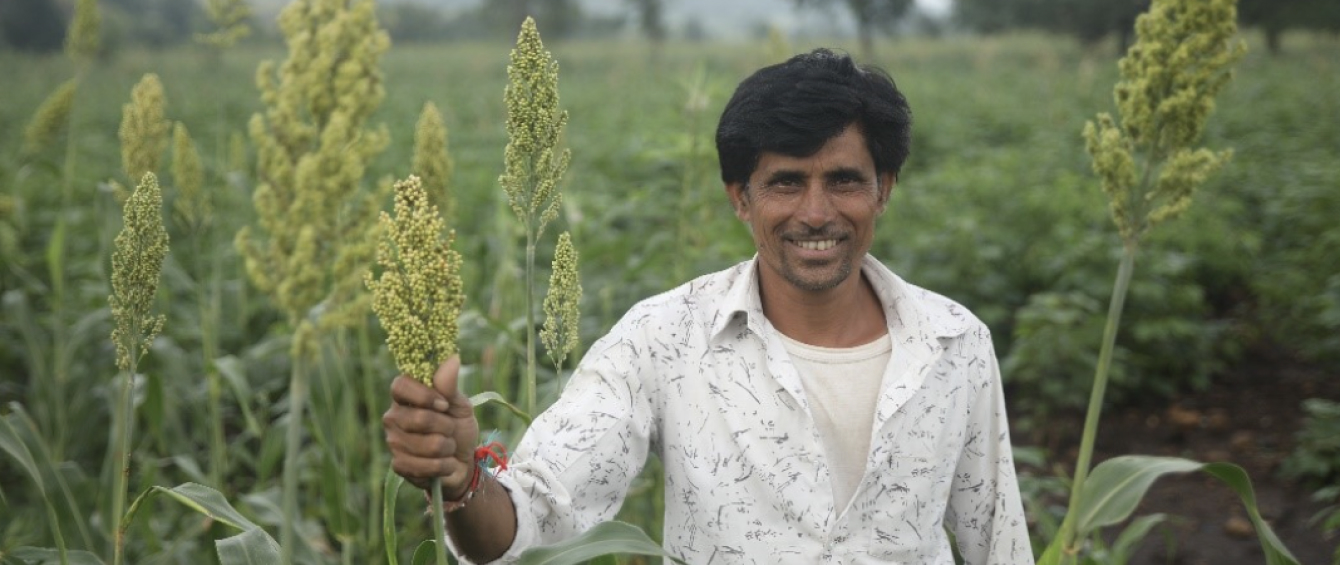Nita Mukesh Ambani Junior School
Nita Mukesh Ambani Junior School (NMAJS) is a co-educational IB World School. It offers the International Baccalaureate Primary Years Programme (PYP) in the Early Years, International Baccalaureate Primary Years Programme (PYP) and Middle Years Programme (MYP) at its two campuses - the Jio World Centre and the Bandra-Kurla Complex.
NMAJS believes in nurturing every child's unique talents and fostering a love of learning. The school focuses on equipping children with 21st-century skills - critical thinking, creativity, collaboration, and communication. The education module accounts for two teachers for every 30 students, allowing us to provide personalized attention and support. Our classrooms are designed to facilitate experiential learning through flexible learning spaces.
NMAJS prioritises student success in a future-ready environment. The school achieves this through continuous curriculum development, innovative pedagogy, and flexible learning spaces – both physical and digital. A 1:5 teacher-student ratio ensures personalised learning, keeping our students' needs at the forefront.
Nita Mukesh Ambani Junior School website: LEARN MORE
More on Education
Capacity Development and Volunteers engagement in Disaster Response
Reliance Foundation works with community volunteers as well as employee volunteers across the country to produce a multiplier effect.
Over a thousand employee volunteers across the Reliance ecosystem help during disaster response, provision of aid, rehabilitation, and risk reduction activities.
Along with this, it is well understood that community readiness is key to effective disaster management and response.
Reliance Foundation follows a Community-Based Disaster Risk Management approach to ensure community participation, empowering local people to understand the challenges and risks. As part of ensuring rapid response, Reliance Foundation has conducted capacity-building programmes in regional languages across community groups, training community partners to help manage disasters effectively. Around 1900 youth volunteers have been trained so far.
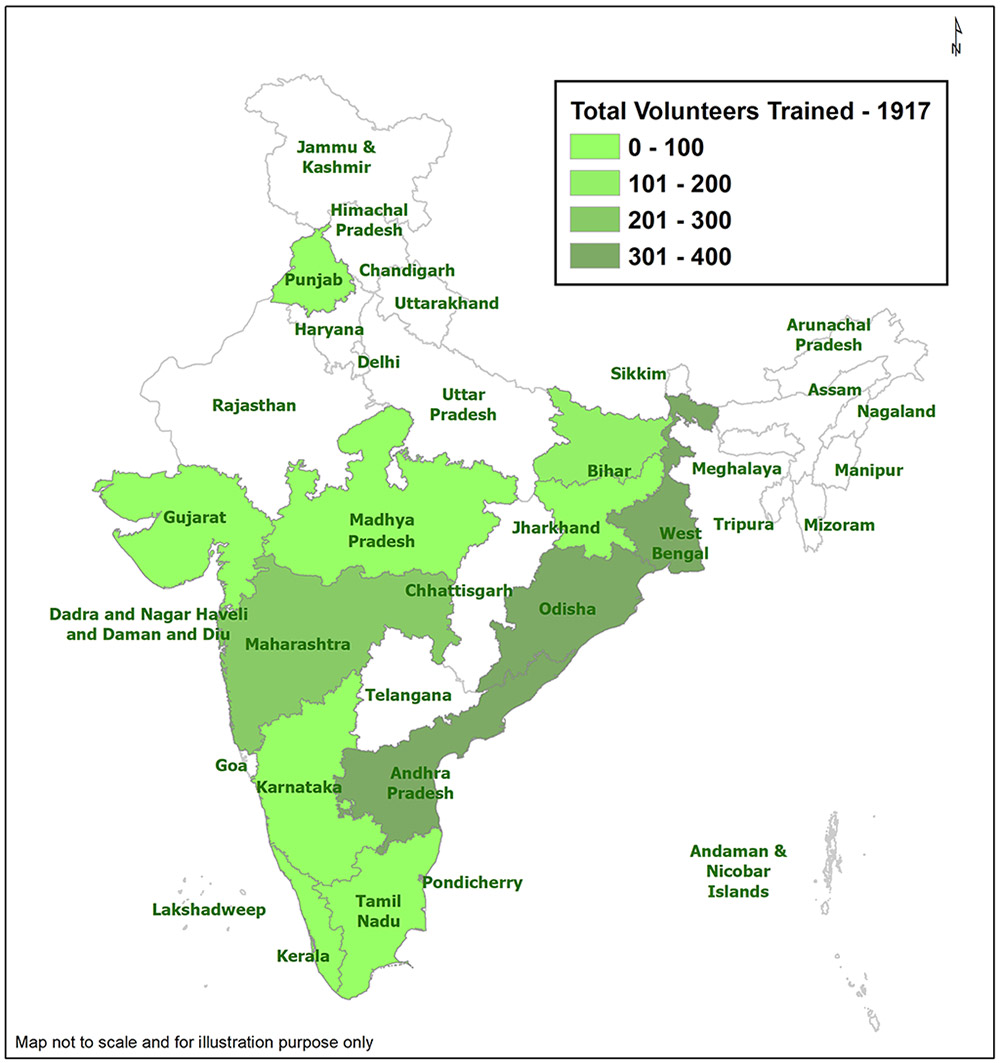
More on Disaster Management
Disaster Preparedness and Risk Reduction
As part of Disaster Risk Communication, Reliance Foundation delivers alerts about imminent risks and necessary actions to be taken. We also work with local governments and grassroots organisations to map vulnerability at the village-level and offer support in reducing risk.
Being prepared for disasters through pre-disaster warnings empowers communities with critical information to safeguard their lives and livelihoods.
Early Warning Systems
In partnership with the India Meteorological Department and the Indian National Centre for Ocean Information Services, and in consultation with administration at the district level, Reliance Foundation disseminates early warnings for various disasters through mobile platforms.
Over 6 million (60 lakh) disaster response advisories have reached people to date. Key pre-disaster communications include weather-related advisories on heavy rains, and wind speed, and early warnings on cyclones, floods, heatwave, coldwave and storm surges. These advisories are disseminated through voice or text messages, and multi-media messages over WhatsApp.
Geographic Information Systems Technology
Reliance Foundation uses secondary data and historical information to map regions that are vulnerable with GIS technology. In partnership with local governments, we can then conduct vulnerability mapping and critical infrastructure mapping, along with other data, to identify risks and plan risk reduction methods.
Tree plantation and mangrove conservation for disaster risk reduction
Reliance Foundation, is supporting vulnerable natural disaster hotspots in building safe and disaster resilient communities. There is increasing global consensus that conservation and restoration of the natural environment is an effective and cost-efficient strategy to reduce vulnerability to disasters.
Tree plantation and mangrove conservation can be implemented simultaneously for disaster risk reduction, climate adaptation, climate mitigation, and environmental management. As part of risk reduction mechanisms, we are increasingly leveraging tree plantation and mangrove conservation, starting with plantation particularly in vulnerable coastal belt and river tributaries.
More on Disaster Management
Disaster Response
Reliance Foundation works across the country, responding to disasters by connecting affected individuals and communities with rescue teams, and providing immediate relief and early recovery support. Our focus is on food security and nutrition, public health promotionand protection of livestock in emergencies.
In partnership with non-governmental organisations, the government at emergency response agencies, the Coast Guard, and the Navy and technical institutions, Reliance Foundation also supports information services and a helpline and other mobile-based communications.
More on Disaster Management
Skilling Initiatives
One of the key drivers of economic growth and social development in India has been the focus on skilling and knowledge-building initiatives. With India being home to one-fifth of the world's youth population, the importance of youth skill development becomes central to achieving their future aspirations. It is crucial for them to remain relevant, future-ready and agile in today's rapidly evolving world. This also means ensuring that communities from vulnerable areas have equal opportunities to participate in the country's growth trajectory.
To address this need, Reliance Foundation is working on a Skilling and Employment Programme in Retail. This programme identifies and mobilises youth in need of employment, supports them in skills development, and focuses on improving their soft skills. By equipping young people with the right skills and providing them with opportunities in sectors like service and retail, the initiative acts as a catalyst for their career growth.
The programme goes beyond just technical skills, offering training in behavioural and other soft skills to increase the employability of school dropouts and unemployed youth. This empowers young people from marginalised backgrounds to join the national workforce and contribute to the progress of the country.
The Reliance Foundation skilling and employment initiative has adapted to a digital delivery model, enhancing its outreach and effectiveness.
In addition to its ongoindg efforts, Reliance Foundation is working towards a state-of-the-art E-learning and Development Platform, offering a wide range of courses tailored to cultivate 21st-century skills and essential employability expertise. Whether one's interests lie in technology, business, or soft skills, the user-friendly platform ensures there is something for everyone.
Moreover, the programme features personalised mentorship sessions with industry experts, helping individuals navigate the job market, identify opportunities, and chart a path towards professional success. The dedicated job portal further streamlines the job search process, connecting individuals with relevant employment opportunities aligned with their skill set and aspirations.
Reliance Foundation remains committed to empowering India's youth through various comprehensive initiatives. By providing access to quality education, skill development, and employment opportunities, it is not only helping individuals secure a better future but also contributing to the overall economic growth and social development of the nation.
More on Education
Technology for Rural Development
Gaps in accessing technology is one of the reasons for inadequate returns from farming. Reliance Foundations helps farmers access technology in many ways, such as improved seeds, machines for farm operations, digital information platforms and other means to enhance capacity of farmers and returns from agriculture.
The digital divide is greater for women than it is for men. Reliance Foundation works with women collectives to enhance digital literacy of women and support them in building successful enterprises. These efforts are ongoing in both farm and non-farm value chains like handicrafts, fabric, foods and confectionary.
More on Rural Transformation
Community Capacity Enhancement
Reliance Foundation believes that development is truly sustainable only when communities are fully in-charge of their development. Towards this goal, Reliance Foundation works with rural communities to enhance their capacities for planning and taking up developmental activities.
Planning capacity is built when village-level development plans are prepared in a participatory manner with village-level institutions and all people in a community, especially women. In a similar manner, dedicated water use planning further cements efforts to sustain water-related gains and improves water governance.
Throughout the year, capacity enhancement initiatives largely aimed at strengthening livelihoods are taken up with collectives and individuals. These tailored efforts complement village development plans and usher holistic development in rural communities.
More on Rural Transformation
Improved nutrition for rural communities
Although India’s food production is powered by India’s villages, inadequate dietary diversity in rural households is a significant concern. Reliance Foundation takes a community-centric approach to improve dietary diversity. Raising awareness of the importance of a balanced diet is an indispensable part of this approach.
The approach begins with helping communities to increase their farm yields. Households are encouraged to diversify food production to include cereals like millets, fruits, vegetables, milk, legumes and animal sources of protein. Vegetable and fruit production are encouraged through backyard kitchen gardens. Several thousand such gardens have been established by rural communities across India at homes, schools and Anganwadis.
Water is linked closely to nutrition, which is why Reliance Foundation’s efforts to conserve water are also aimed at ensuring drinkable water is provided as well as water for agriculture.
Besides enhancing source inflows through recharge wells and rainwater harvesting, Reliance Foundation focuses on improving access to clean drinking water by supporting the development of storage and distribution infrastructure. This includes co-development of piped water supply systems and community-owned and constructed water storage tanks, through various participatory efforts.
More on Rural Transformation
Empowering Women in Rural Communities
Integral to India’s rural workforce, women have a key role to play in various on farm and off-farm activities. Reliance Foundation’s Rural Transformation programme is centred around the role of women in enhancing resilience and raising household incomes through diversification through its DRIWE and information services initiatives.
By leveraging the collective power of self-help groups, Reliance Foundation supports women in agriculture and encourages alternative livelihoods through skill and capacity development. Women are supported in establishing businesses, building brands and developing leadership capacity. The aim is to pave their participation in society and local governance and give them a greater say in the development of their communities.
Reliance Foundation has worked with self-help groups in value chains of crops, dairy, arts and handicrafts.
In 2023, the Reliance Foundation and Bill & Melinda Gates Foundation launched an initiative to empower one million women entrepreneurs in several states in India, by strengthening women collectives, testing and scaling innovations and establishing replicable models of entrepreneurship with women-led enterprises. This initiative has been developed with and will be delivered through partnerships with the State Rural Livelihood Missions, as well as with the support of several implementation partners. Over the next three years, this initiative will support and engage women in farm and non-farm income-generating activities, to help them achieve an annual income of at least Rs. 1 lakh as envisioned by the Government Of India’s Ministry of Rural Development.
More on Rural Transformation
Enhancing Farming Incomes
Reliance Foundation enables rural households to enhance their incomes through farming, fishing, livestock, poultry and other means of livelihoods with approaches including:
• Equipping communities with knowledge of improved practises and support schemes
• Strengthening collectives
• Disseminating new skills, ways to reduce input costs, support in acquiring improved material/inputs/tools
• Strengthening market linkages
• Information leverage for higher income
These are part of the Integrated Value Chain Development (IVCD) initiative.
Lowering costs, increasing yields
To help increase farm incomes, Reliance Foundation works with farmers on the input side to lower costs and increase yields. Cost reduction efforts involve adopting efficient resource management practises and sustainable farming techniques that reduce dependence on supplemental inputs.
Farmers are also supported in choosing crops that are best suited to their agro-ecology. Through partnerships with agriculture research institutes, improved seed varieties are provided to farmers. By obtaining necessary information from the Reliance Foundation during the entire duration of the crop cycle, farmers are able to confidently take timely decisions related to field operations.
On the output side, farmers are supported in post-harvest primary or secondary processing, where there is scope, through farmer collectives. These collectives, either mentored or supported by Reliance Foundation, procure produce from the farm-gate, help farmers utilize technologies and overcome labour shortage, provide grading or sorting services, process the produce and ensure fair compensation to their member farmers.
Through these collectives, farmers also get an opportunity to explore new markets for their produce. They are made aware of government social security schemes and supported in availing of them.
Adequate water and healthy soils are key ingredients to good yields. Farmers are supported in getting their soils tested and encouraged to enhance soil health through cost-effective and environmentally sustainable initiatives. Water availability for agriculture is improved by community and individual efforts to harvest rainwater and improve groundwater recharge. Tailored water harvesting plans for each village help increase water harvesting capacity and ensure availability of soil moisture during rabi and summer seasons.
So far, more than 1,413 lakh cubic metres of water harvesting capacity has been created across India. This has helped farmers in cropping more than once during the year and increase their earnings.
Raising poultry, livestock and fishing incomes
Reliance Foundation supports households in rearing high-yielding breeds of livestock and poultry. Best practises in livestock rearing and feed management are shared and capacity to adopt these practises is built. After initial handholding, households are supported in scaling up their activities.
Information about weather and disease alerts, and expert prescriptions for vaccination and treatment provided at free livestock camps help households mitigate livestock related losses.
For marine fisherpersons, information about potential fishing zones helps increase the chances of a good catch in the ocean. Potential Fishing Zone (PFZ) information also leads fisherpersons safely and quickly to areas where fish is available. By reducing the fuel expended, this information contributes to lowering the environmental footprint of fisherfolk.
Promoting non-farm livelihoods
Given the inherent risks in farming and allied activities, Reliance Foundation encourages households to take up non-farm activities alongside farming. Landless and tenant farming households as well as farm labourers are also supported in diversifying their incomes.
These activities are entrepreneurial in nature. Tailoring, groceries, confectionary, printing and data entry, other vending and service enterprises are some of avenues for alternate livelihoods. By leveraging government grant and loan schemes through self-help groups, rural households can start, sustain and scale up alternate livelihood activities.

